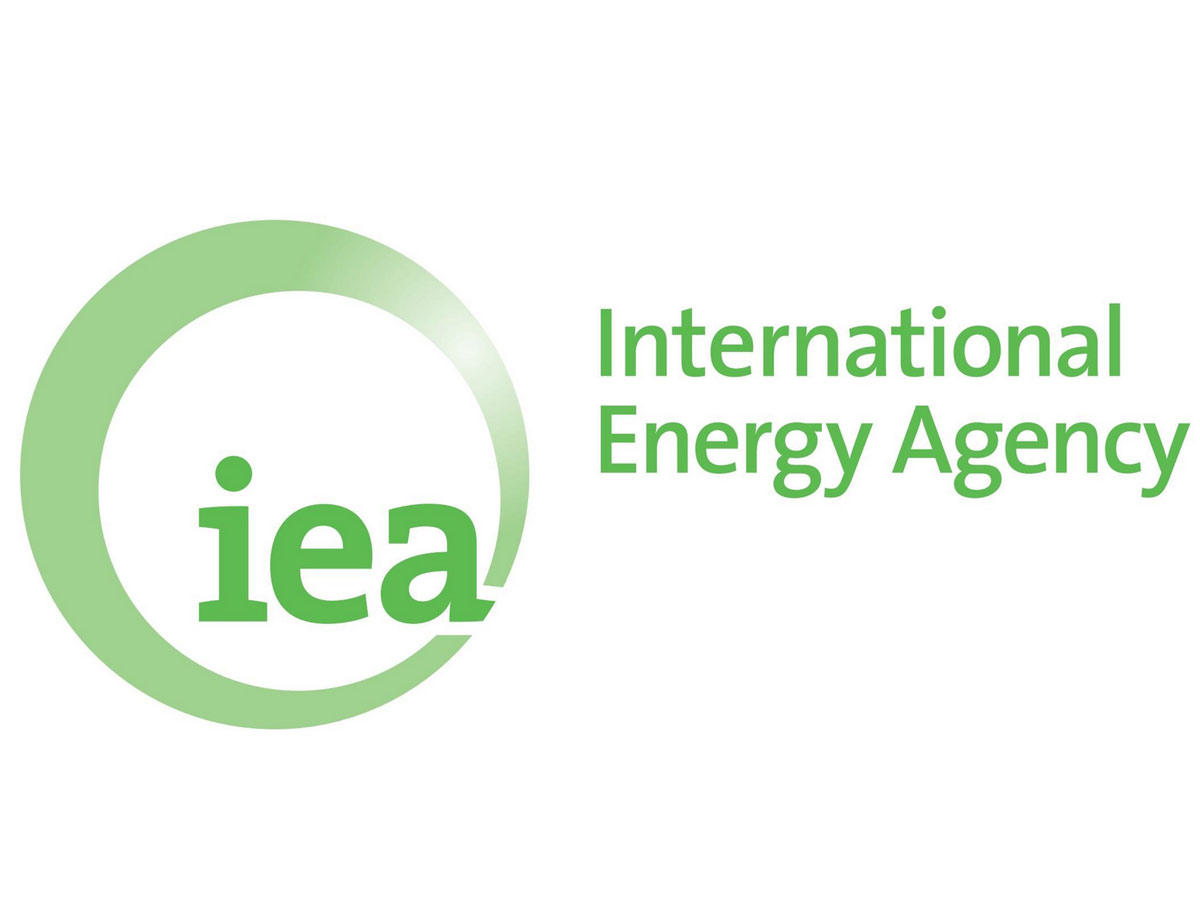Improvements in fuel economy of cars have slowed: IEA

By Trend
Improvements in the fuel economy of cars have slowed according to a new report by the Global Fuel Economy Initiative (GFEI) in cooperation with the IEA, Trend reports.
While global fuel economy improved by an average of 1.7 percent per year over the past 12 years, the rate of improvement slowed between 2015 and 2017. Improvements in fuel consumption slowed in advanced economies to an average of just 0.2 percent per year between 2015 and 2017. A total of 27 countries – including Sweden, Canada and the United Kingdom – saw the fuel economy of their fleets stagnate or worsen from 2015 to 2017.
A significant barrier to fuel economy improvements has been the growing market share of sport‐utility vehicles (SUVs) and pick‐ups – SUVs now represent nearly 40 percent of the global car market. North America and Australia have a particularly high market share of SUVs, reaching almost 60 percent in 2017.
In contrast to advanced economies, the improvement of fuel use per kilometre in emerging economies accelerated to 2.3 percent. China saw new car registrations increase 17 percent per year from 2005 to 2017 while India saw an increase of 9% and Indonesia 7 percent. Car sales in these economies have tripled since 2005 with the largest rise in China, where sales were seven times higher in 2017 than in 2005.
To achieve these targets would require an average fuel economy improvement of 3.7 percent across the global fleet, a rate more than triple what was seen between 2016 and 2017. Policies will play a key role in accelerating improvements, as countries with policies to encourage fuel economy through a mix of regulation and purchase incentives saw 60 percent faster improvements than those without.
---
Follow us on Twitter @AzerNewsAz
